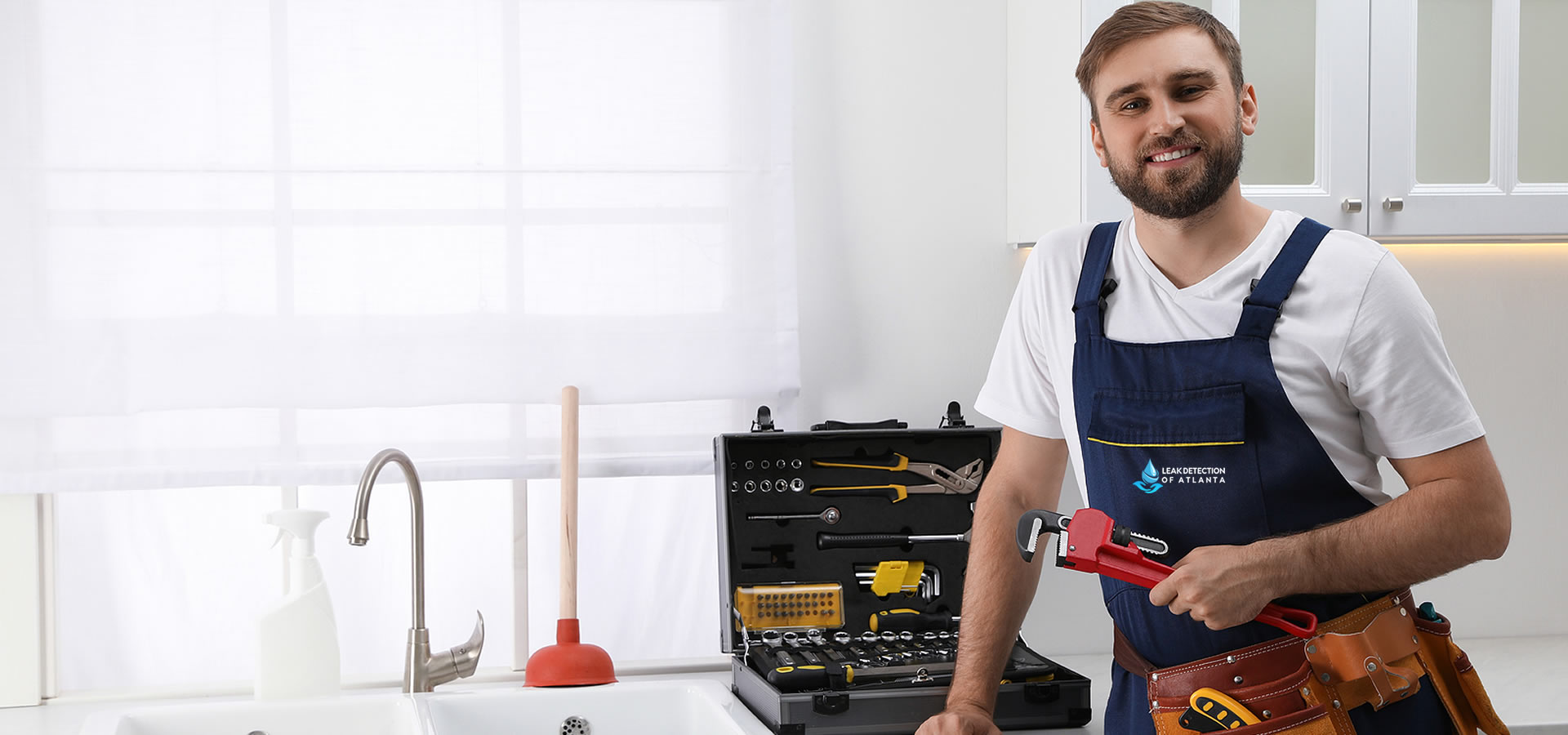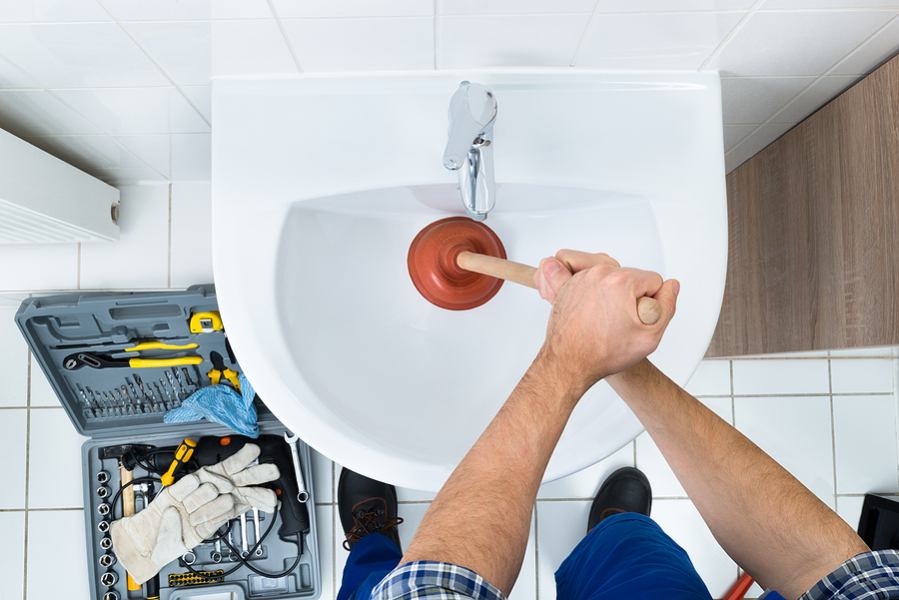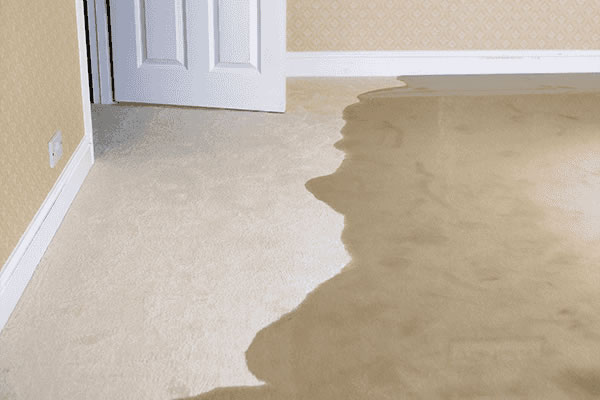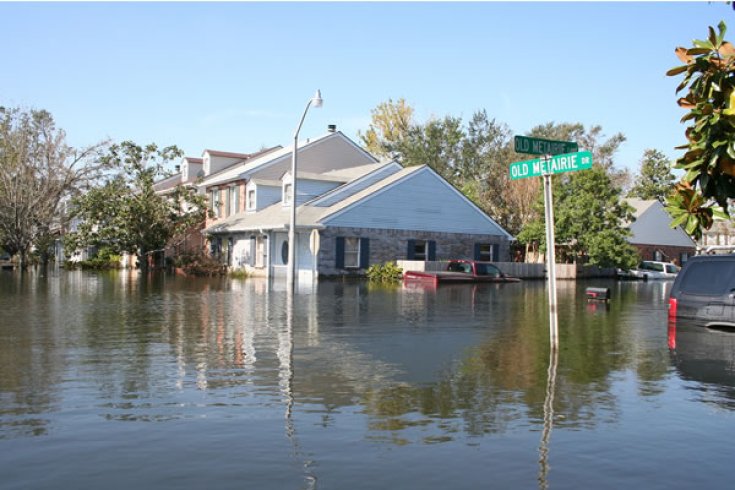Tips to Protect Your Bathroom Drains
Bathroom drains are an integral component of any plumbing system, and their maintenance is key to ensuring effective drainage and preventing clogs. Leak Detection of Atlanta has put together valuable insights and practical tips on safeguarding your bathroom drains effectively - following these tips will allow you to avoid clogs while simultaneously decreasing mineral buildup, prolonging their lifespan while saving on emergency plumber repair costs.
How to Prevent Clogs
Clogs can impede the free flow of water through your bathroom drains, creating inconvenience and possible damage. Here are some proactive steps you can take to stop clogs:
- Utilize Drain Covers: Install drain covers in your sink, shower, and bathtub to catch hair, soap scum, and other debris before it enters the drain. Regularly clean them to maintain their effectiveness.
- Proper Waste Disposal: Avoid flushing non-biodegradable items down the toilet, such as cotton swabs, sanitary products, and wipes that cannot biodegrade properly; these should be placed in your trash can to avoid blockages.
- Limit Hair Accumulation: Brush your hair before showering to remove loose strands and prevent excessive hair buildup in your drains. Consider installing a drain strainer with an attachment to catch and empty during each shower session.
- Use Drain Cleaning Products: It is wise to periodically utilize chemical or enzymatic drain cleaners, either enzymatic or chemical, to break down organic matter and prevent clogs. Be sure to follow all manufacturer's instructions regarding usage so as not to damage your plumbing.
What to Do When You Have a Clog
Even with our best efforts, sometimes clogs still happen despite our best intentions. If this occurs to you in your bathroom drain, here are some steps that may help:
- Act Quickly: As soon as you notice slow drains or blockages in the sewer line, take immediate steps to address it before further damage and possible flooding occur. Delaying could mean greater expense down the line and greater potential hazards than needed.
- Plunger Method: For minor clogs in sinks or showers, a plunger can create suction to dislodge blockages more effectively than other means. Covering the overflow opening with a damp cloth before plunging for optimal results may ensure successful removal.
- Natural Remedies: Baking soda and vinegar can effectively combat organic clogs in your drain. Pour one cup of baking soda and one cup of vinegar down your drain, leaving it to sit for around 30 minutes before flushing it away with hot water.
- Mechanical Tools: If the clog persists, use mechanical tools such as a drain snake or auger to clear out your pipes and physically dislodge stubborn clogs. These tools can reach deeper into pipes to dislodge stubborn obstructions.
- Professional Assistance: When all else fails or if you're uncertain how best to tackle a particular problem, professional plumbers are an ideal resource for finding lasting solutions to complex clogs and obstructions. With their extensive expertise and equipment capabilities, they can effectively deal with even the most challenging blockages and ensure long-term peace.
How to Prevent Mineral Buildup
Limescale buildup can occur due to hard water in your area, reducing water flow through faucets, showerheads, and drains. To combat mineral buildup in its tracks, take these steps:
- Regular Cleaning: Use a mild descaling agent or mixture of vinegar and water to keep your faucets and showerheads looking their best, removing mineral deposits while optimizing water flow. Regularly Cleaning can be tricky, though! Use a mixture of mild descaling agents, such as baking soda, for optimal performance. This will remove mineral build-up while maintaining optimal water flow.
- Water Softener: Installing a water softener system is one way to address the hardness of your water. These systems remove excess minerals, helping prevent build-up in plumbing fixtures and extending their lifespan.
- Filter Screens: Filter screens should be installed in all of your faucets and showerheads to trap mineral particles before they enter your drains, thereby maintaining the optimal performance of these screens. They should be regularly maintained to maintain efficiency.
- Vinegar Soak: To remove mineral buildup in your drains, soak a cloth or paper towel in vinegar and wrap it around the affected area for several hours or overnight to dissolve mineral deposits and rinse thoroughly with water afterward.
- Regular Maintenance: Arranging regular inspections by reliable plumbers will allow them to assess the condition of your plumbing system, identify early signs of mineral buildup, and offer solutions that may prevent further damage, such as drain cleaning.
Leak Detection of Atlanta
If you struggle with a bathroom clog that you cannot resolve alone, professional plumbing service help should always be sought. At Leak Detection of Atlanta, our plumbing experts manage all aspects of plumbing-related issues - including bathroom clogs. Our experienced team is equipped with the knowledge and specialized tools to rapidly identify the cause of clogging issues and offer effective solutions. No matter the cause of a clogged bathroom drain - hairballs, foreign objects, or more complex issues - our reliable and prompt service will efficiently clear it and restore proper drainage in no time. You can rest easy knowing your plumbing system is safe with us at Leak Detection of Atlanta; when professional assistance for bathroom clogs arises, don't hesitate to call us here at Leak Detection of Atlanta.











